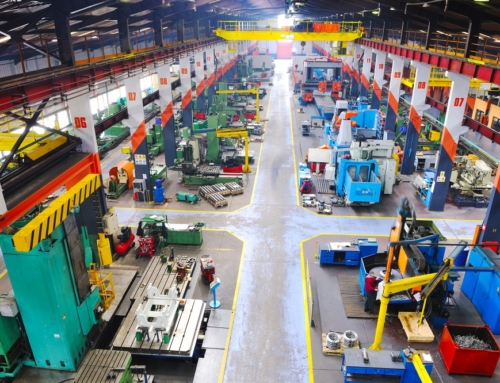Maintaining high product quality while maximizing operational efficiency is a constant balancing act. In the manufacturing world, striking this balance is essential for staying competitive and meeting customer expectations. With the right tools and insights, it’s possible to achieve this equilibrium seamlessly.
The Challenge: Quality vs. Efficiency
Manufacturers often face a dilemma: How to ensure that products meet stringent quality standards without compromising on production speed or inflating costs? Traditional manufacturing processes can make it difficult to optimize both quality and efficiency simultaneously. Focusing too much on quality might slow down production, while prioritizing speed can sometimes lead to errors and defects. This is where advanced manufacturing solutions come into play.
Embracing Smart Manufacturing
Smart manufacturing represents a paradigm shift in how manufacturers approach production. By leveraging advanced technologies and real-time data, manufacturers can streamline their operations while maintaining high standards of product quality.
The Benefits of Smart Manufacturing
- Real-Time Insights: Access to real-time data and analytics empowers manufacturers to make informed decisions quickly. Immediate insights into operations allow for swift corrective actions, preventing defects and maintaining product quality.
- Consistent Quality: Automated systems in smart manufacturing consistently apply quality checks throughout the production process. This reduces the risk of human error and ensures that high standards are maintained across all products.
- Visibility and Traceability: Enhanced visibility into the supply chain and production processes helps identify and address potential issues before they escalate. This ensures a smooth and efficient production flow, minimizing disruptions.
- Adaptability: Smart manufacturing solutions are designed to be flexible and scalable, accommodating the unique needs of different manufacturing environments. This adaptability supports growth and innovation, regardless of the size of the business.
- Cost Efficiency: By optimizing both quality and efficiency, manufacturers can reduce waste, minimize downtime, and lower operational costs. Achieving high-quality output without inflating costs is crucial for maintaining competitiveness.
Real-World Impact
The shift towards smart manufacturing has already shown significant benefits for many companies. From reduced defect rates to improved production speeds, smart manufacturing supports manufacturers in achieving their operational goals. This approach ensures that high-quality products can be produced efficiently and cost-effectively.
Conclusion
In today’s competitive manufacturing landscape, the ability to maintain high product quality while maximizing operational efficiency is crucial. Smart manufacturing solutions offer the tools and insights necessary to achieve this balance. By leveraging real-time data, automated quality management, and enhanced visibility, manufacturers can streamline their operations and stay ahead of the curve.
For those looking to enhance their manufacturing processes, embracing smart manufacturing represents a powerful solution for achieving the delicate balance between quality and efficiency. Contact us today to learn how our solutions can transform your operations.






